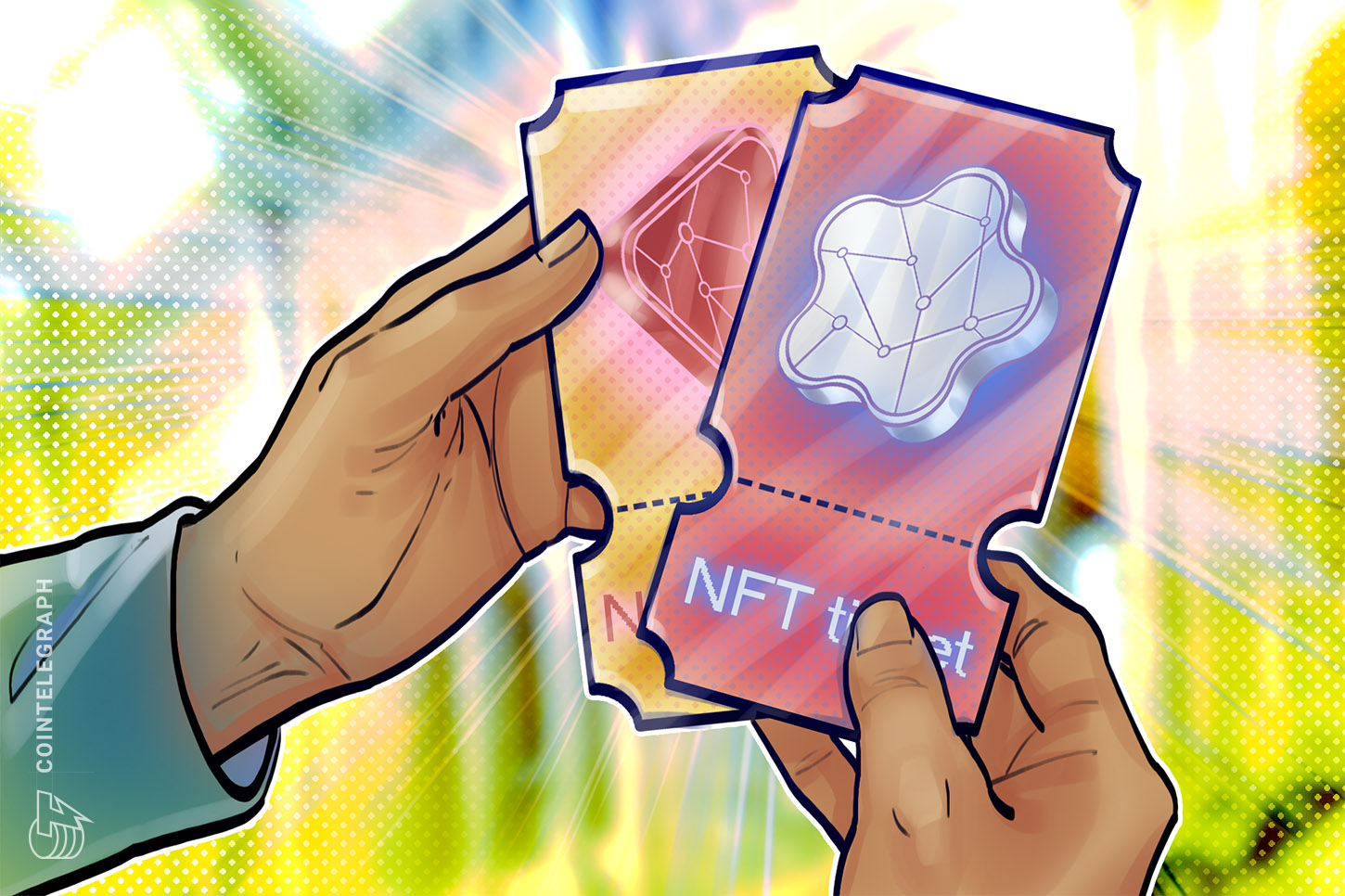NFT ticketing is revolutionizing event ticketing by providing a secure, transparent and efficient way of issuing and managing tickets. Nonfungible tok
NFT ticketing is revolutionizing event ticketing by providing a secure, transparent and efficient way of issuing and managing tickets. Nonfungible tokens (NFTs) are significantly harder to forge or duplicate than conventional tickets since they are stored on a blockchain. This lowers the risk of fraud and fake tickets by allowing event organizers to determine that only authentic tickets are used to enter an event.
NFT ticketing also enables greater customization and adaptability in terms of ticketing. For instance, event planners may issue NFTs for various event sections, such as VIP or general admission tickets. They can also provide details like seat numbers or access to premium content. This can streamline the ticketing process and save time and resources.
This article will discuss the concept of NFT ticketing, how NFT events work, the benefits and risks of NFT ticketing and how it is different from traditional ticketing.
What is an NFT ticket?
A unique digital asset that cannot be replaced by another asset of the same value is called a nonfungible token. NFTs represent digital valuables like virtual trading cards, in-game objects and virtual real estate.
NFT tickets are used to signify ownership of a certain experience or event, such as an entrance to a theme park, a sporting event, or a concert. They can be used to enter the event and prove its ownership and credibility.
NFT tickets have several advantages over conventional paper or digital tickets. NFTs ensure that the ticket is valid and cannot be counterfeited because they are unchangeable and impossible to reproduce.
Furthermore, the adoption of blockchain technology enables transparency and traceability, making it simpler to trace the ownership and origin of the ticket. NFT tickets can also be sold or exchanged on online exchanges, with their value depending on how much interest there is in the event.
Although NFT tickets are still a relatively new idea and are not yet widely used in the ticketing industry, they have the potential to gain popularity as a means of managing and representing event tickets in the future. They can provide a more secure, transparent and adaptable method of handling ticket sales and distribution.
How does NFT ticketing work?
In addition to providing a more secure, transparent and flexible way to handle ticket sales and distribution, NFT tickets also offer a secondary market and a way for fans to own a piece of the experience. NFT ticketing is an innovative approach to representing and managing event tickets. The process typically involves the following steps:
- Creation: Using blockchain technology, an event organizer or ticketing service creates an NFT ticket. Since the ticket is one of a kind, no other item with equal value may be used to replace it.
- Sale: The public can purchase NFT tickets via the event organizer or digital marketplace.
- Authentication: When a consumer wishes to attend the event, their ticket is scanned. The scanner uses blockchain technology to verify the ticket’s authenticity.
- Access: Access is given to the customer after the ticket’s validity has been established.
- Resale and trading: NFT tickets may also be resold or traded on online exchanges, and their worth may change depending on how much interest there is in the event.
- Transparency and traceability: By utilizing blockchain technology, it is possible to track a ticket’s provenance and owner, making it more difficult to forge or duplicate.
Related: The NFT marketplace: How to buy and sell nonfungible tokens
An example of an NFT ticketing system would be a concert or music festival that uses NFTs to issue and manage tickets for the event. Each ticket would have a special nonfungible token that the event organizer would create and store on a blockchain. Each NFT would include details of the event, the ticket holder’s name and their assigned seat. The nonfungible tokens would then be sold via an online store or marketplace where customers can pay with cryptocurrency.
The ticket holder would show the NFT to enter the event once it starts. The NFT can quickly be checked to ensure the ticket is genuine by scanning a QR code or via the blockchain.
The organizer can also use the nonfungible tokens to give holders exclusive benefits or experiences, such as backstage passes, meet and greets with performers, or unique goods.
NFT ticketing vs. traditional ticketing
NFT ticketing and traditional ticketing are two different methods for managing and selling event tickets. Paper or digital tickets provided by an event organizer or ticketing provider are the norm for traditional ticketing. The typical distribution routes for these tickets include box offices, ticketing websites and authorized resellers. The ticket can only be used once and provides entrance to the event once purchased.
On the other hand, NFT ticketing employs blockchain technology to produce one-of-a-kind, nonfungible tokens that signify ownership of a specific event or experience. Digital marketplaces are…
cointelegraph.com
